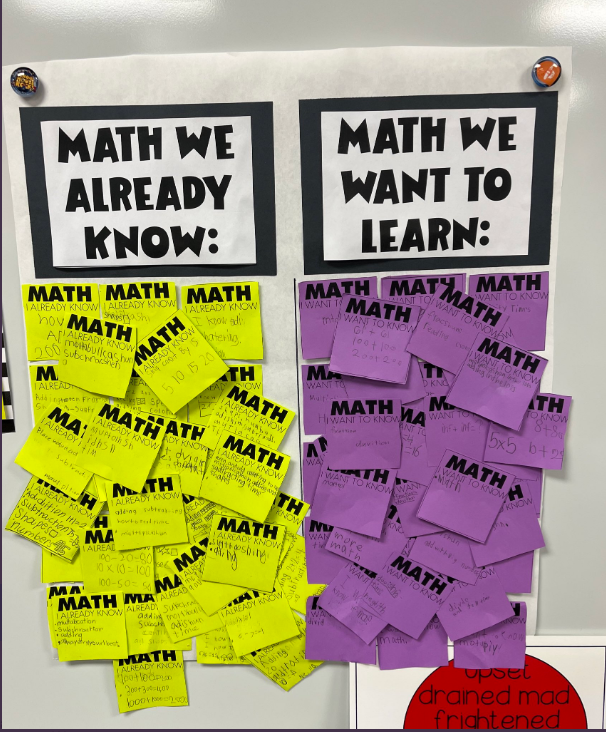Extra Credit is a weekly column serving up a fresh helping of news, updates and resources from the education world. Want more? Sign up now for SmartBrief’s free education newsletters.

Is college loan relief good, bad or both? My son — a shiny, new civil servant fresh off his master’s degree — is thrilled to have his college debt slashed by $10,000 ($20,000 for those with Pell Grants), thanks to President Joe Biden’s student loan repayment relief. It’s going to put a lot of people (enough?) closer to realizing their post-college dreams and closer to pumping money back into the economy. But how much will it help teachers? Will it end up shifting the cost down the road and raising taxes for everyone? Or increase inflation now? Students need to know more about scholarships and other ways to pay for college. More important, though, we need to better educate our high-school students about student loans — which have many advantages over private loans — and help them determine what’s enough and what’s too much.
Making college more accessible. While some argue a loan for public college can be less than a loan for a new car, it’s not typically an either/or proposition. And college has many associated costs beyond tuition. Adjusted for inflation, college costs have increased 747.8% since 1963, and some believe the new student loan repayment relief will trigger a jump in college tuitions now. The Bipartisan Policy Center has devised a $5 billion government grant proposal that would help more people benefit from an affordable college degree. Another intriguing tool: mentoring.
Qutting, circumventing, embracing. One teacher quit on the spot after a frustrating battle to keep state-restricted books related to race and gender in her Oklahoma classroom — where the loss of a teaching license is a possible consequence. “I believe we need to have those difficult conversations,” she said. “That is absolutely essential to what I do.” She’s not the only one displeased with banned content in schools; one group of Tennessee students arranged for their own lessons on sex education. Tangentially, a group of Black male teacher-coaches working in predominately white private schools illustrate “civic-focused and liberatory approaches to education,” according to a new study.
Don’t shoot the messenger. Faith in public schools continues to grow — by 11% since 2018 — but respondents in a new survey have “only modest trust in educators to … appropriately handle politically contentious issues … on potentially controversial subjects like race, gender and sexuality.” However, it’s not clear if some of those views are from, say, African-Americans who believe schools don’t teach enough about diversity. But the survey points to some other troubling views of teaching that may be feeding into the teacher shortage.
Additional interesting education takes
Male-identifying people get Indigenous culture lessons. (Voice of San Diego)
Mich. considers letting 2-year colleges give 4-year degrees. (The 74 Million)
Why we need more internships for students. (Hechinger Report)
Ky. plans to coach teachers on diversity, equity and inclusion. (Education Week)
Students find inspiration from teacher’s positivity. (WFTS-TV, Tampa, Fla.)
This week’s find on social media

Diane Benson Harrington is an education and leadership writer at SmartBrief. Reach out to her via email, Twitter or LinkedIn.
________________________________
Choose one or more of SmartBrief’s FREE email newsletters on a range of education topics. They’re among SmartBrief’s more than 250 industry-focused newsletters.
